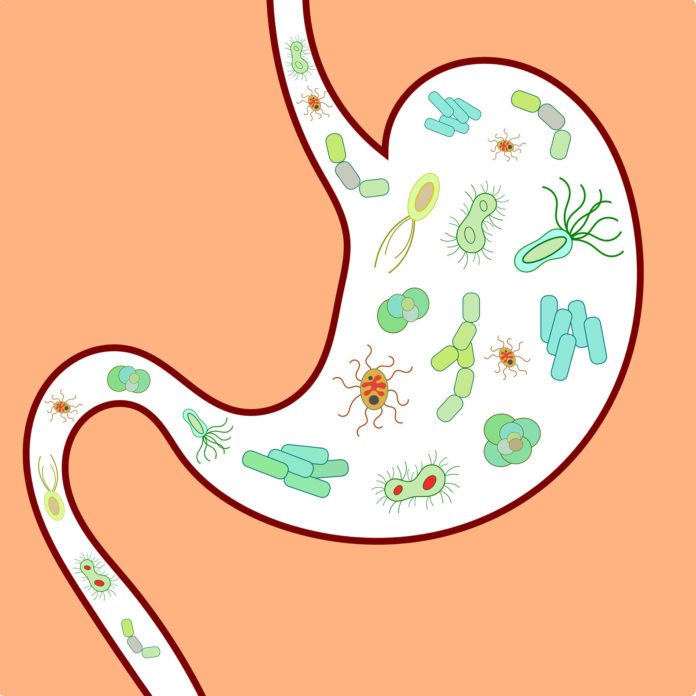Gut Microbiome Key Factor in Liver Tumor Control
Liver metastasis and liver tumors constitute the major cause of cancer-related deaths. The liver cross-talks together with the gut and plays many a essential functions associated with digestion, metabolism of nutrition, and clearance of bacterial metabolites.
Diseased livers are frequently related to altered gut bacterial makeup, or dysbiosis, and it’s been indicated that gut bacterial compounds contribute to malignant transformation of hepatocytes. The liver is subjected to the intestine microbiome during the portal vein and can be an immunological organ that’s heavily inhabited with immune cells.
There is piling of information and related research that prove the gut commensal bacteria to be an important regulator of antitumor immunity.
Now, a new study by researchers at the Center for Cancer Research (CCR) at the National Cancer Institute (NCI) has found that gut bacteria affect the liver’s antitumor immune function. The findings could possibly have promising implications for understanding the mechanisms that lead to liver cancer and for therapeutic approaches.
“What we found using different tumor models is that if you treat mice with antibiotics and thereby deplete certain bacteria, you can change the composition of immune cells of the liver, affecting tumor growth in the liver,”
said Tim Greten, M.D., of NCI’s CCR, who led the study. “This is a great example of how what we learn from basic research can give us insight into cancer and possible treatments.”Greten and group utilized three mouse liver cancer versions, also discovered when they depleted gut bacteria utilizing a antibiotic “cocktail,” the mice which had the antibiotics grew smaller and fewer liver tumors and had significantly decreased metastasis to the liver.
The team further found that therapy increased the amounts of a kind of cell named NKT cells. In all 3 mouse models, the decrease in liver enzyme growth that led from antibiotic therapy has been determined on these NKT cells.
Additionally, they discovered that the accumulation of those NKT cells in the liver generated from a rise in the expression of a protein known as CXCL16 on cells which line the interior of carcinogens in the liver.
Understanding that bile acids may restrain the expression CXCL16, the researchers treated mice using bile acids, so they altered the amount of NKT cells in the liver, and thus the amount of microbes in liver. Bile acids have been formed in the liver and also help break down fats during digestion.
Finally, the researchers discovered that one bacterial species, Clostridium scindens, controls metabolism of bile acids in the mouse intestine-and ultimately CXCL16 saying, NKT cell accumulation, and tumor growth in the liver.
Dr. Greten clarified that while many studies have shown an association between bowel bacteria and immune response, this study is significant in that it identifies not just a correlation, but a complete mechanism of how bacteria influence the immune response in liver.






























